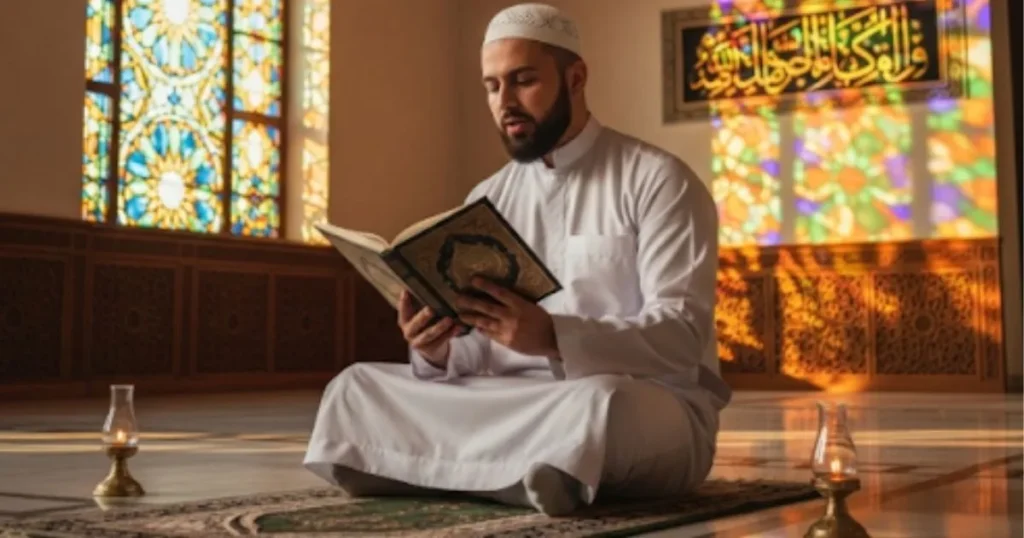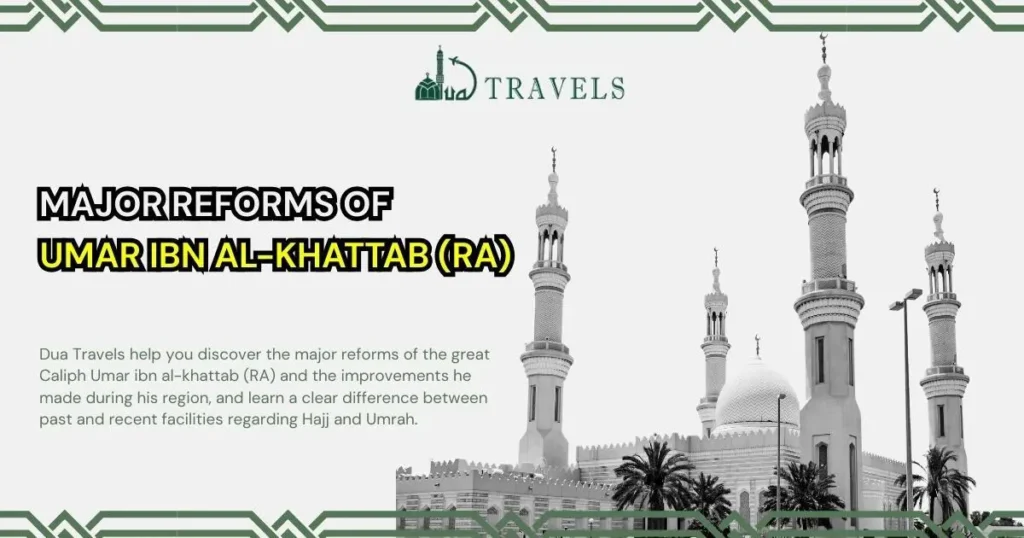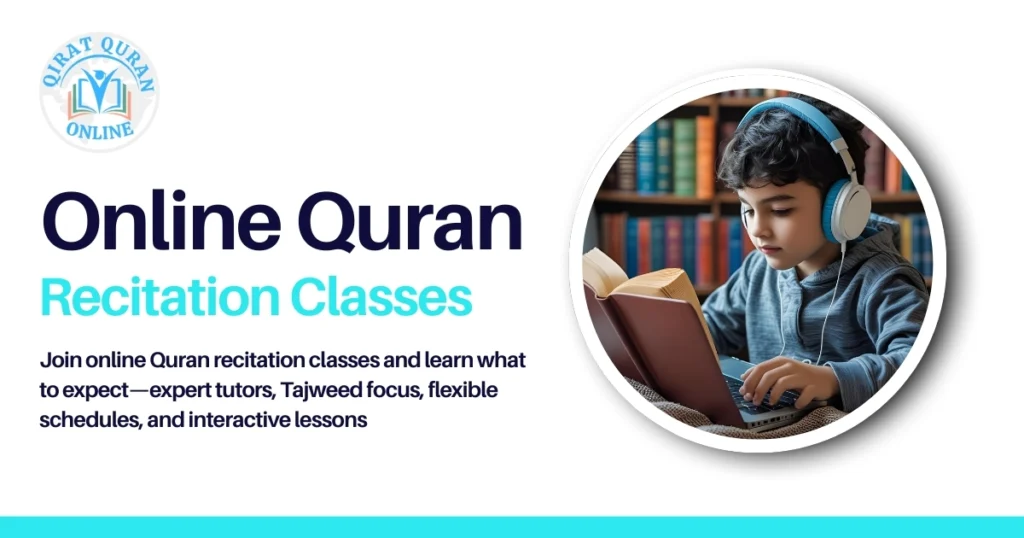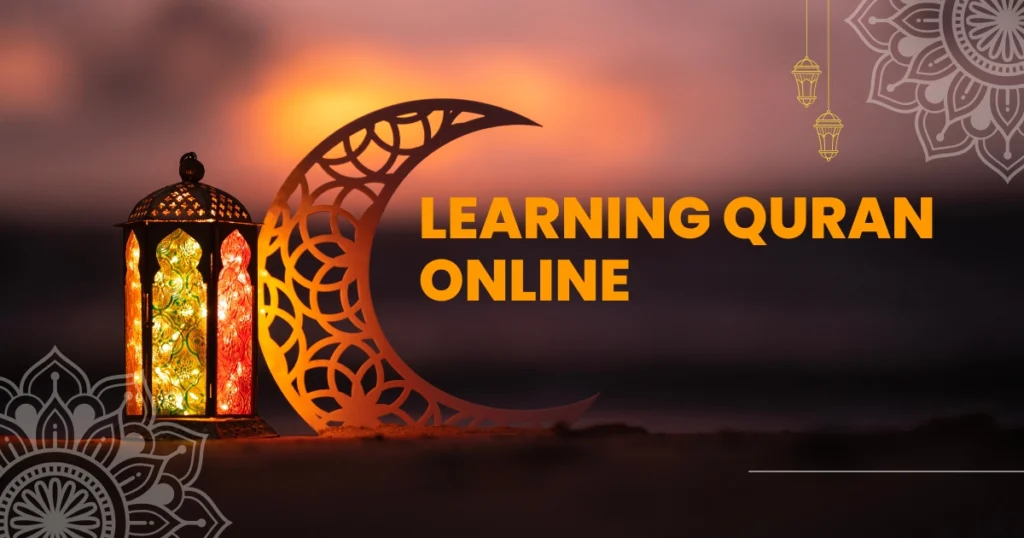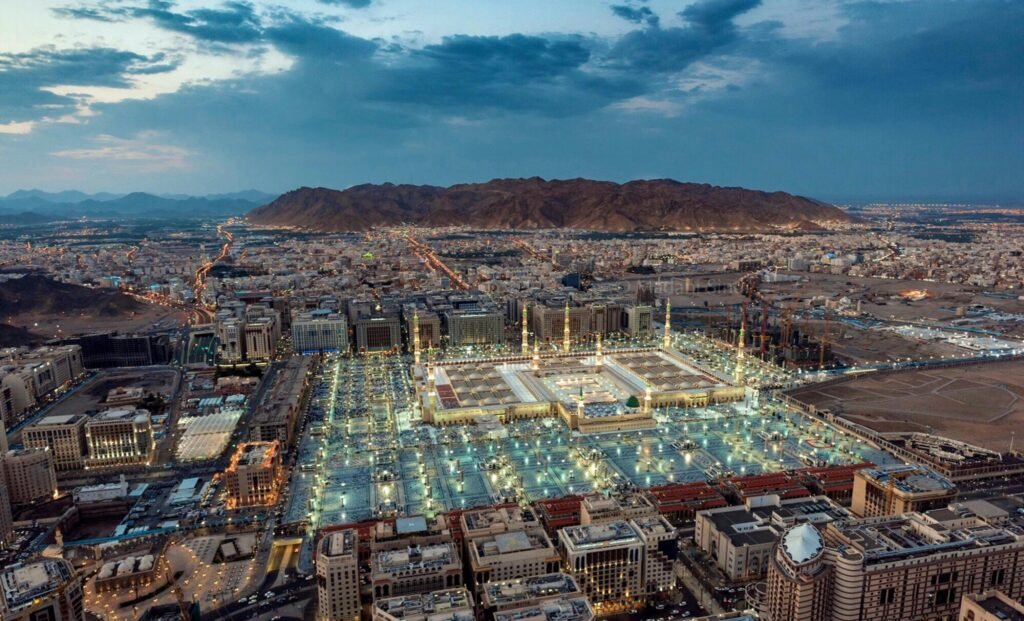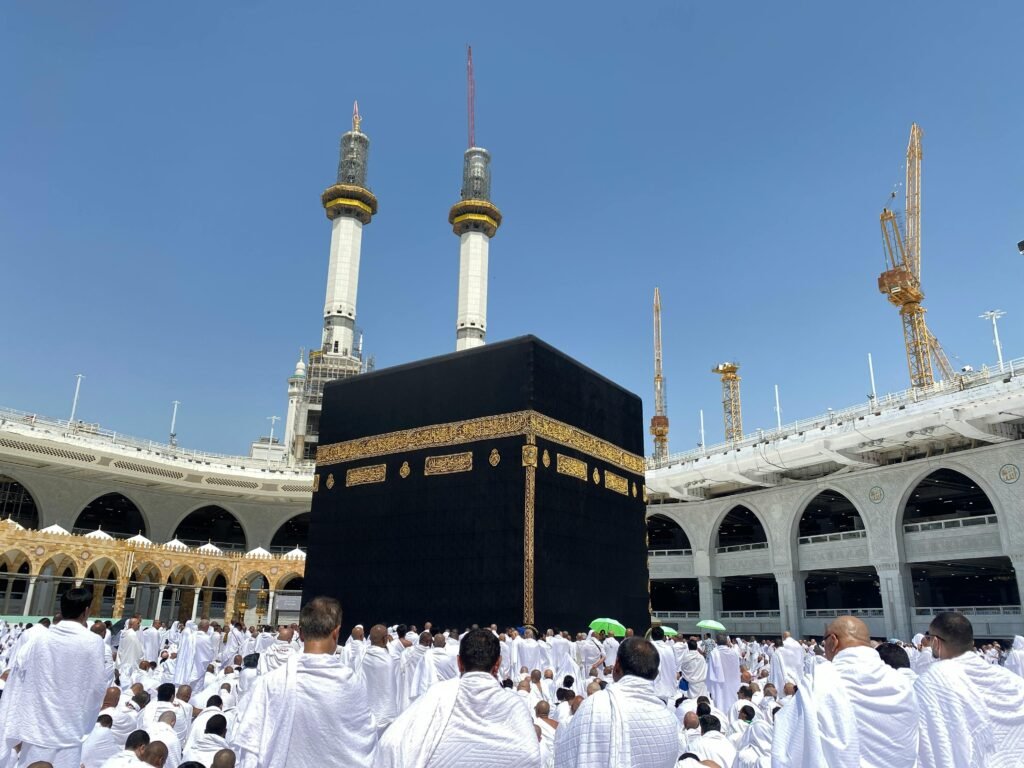Discovering the Beauty of Qirat Quran and Its Variations
The Quran, the divine revelation sent to Prophet Muhammad ﷺ, has been preserved with extraordinary precision for more than fourteen centuries. One of the unique aspects of this preservation is the existence of Qirat, or modes of recitation. The main Qirat Quran refers to the widely recognized and practiced forms of Quranic recitation that have been transmitted through generations by qualified scholars.
Qirat adds richness and depth to the Quran, showcasing its linguistic flexibility while maintaining the exact same divine message. By exploring the variations of Qirat, we gain a deeper appreciation of the Quran’s miraculous nature, its accessibility to diverse communities, and its unbroken chain of transmission.
Historical Origins of Qirat in the Quran
The Quran was revealed in a way that accommodated the linguistic diversity of the Arab tribes at the time of Prophet Muhammad ﷺ. This is known as Ahruf (modes of revelation). These modes allowed different tribes to recite the Quran in their familiar accents without altering the meaning.
From the earliest days of Islam, the Quran was memorized by heart and passed down through recitation. The Prophet ﷺ himself taught the Quran to his companions in these variations. Through meticulous memorization, the Qirat were preserved generation after generation, ensuring accuracy and continuity without any alteration of meaning.
What Does Qirat Mean in the Quranic Context?
The word Qirat comes from the Arabic verb qara’a, meaning “to recite.” In Quranic terminology, Qirat refers to the approved methods of reciting the Quran as transmitted by recognized chains of narrators. Each Qirat maintains the same core message, but differences can be observed in pronunciation, articulation, and sometimes in word form.
Importance of Qirat in Quranic Recitation
The variations in Qirat highlight the Quran’s linguistic depth and its adaptability. Far from causing confusion, these differences reflect divine wisdom. They enrich the recitation experience, allowing Muslims around the world to connect with the Quran in a way that resonates with their linguistic heritage.
The Seven Mutawatir Qirat
The most authentic and universally acknowledged recitations are known as the Seven Mutawatir Qirat, meaning they have been transmitted through large numbers of reliable narrators, making fabrication impossible.
1. Qirat of Nafi‘ al-Madani
Widely used in North Africa, especially Morocco and Tunisia, this recitation style is known for its melodic flow and clarity.
2. Qirat of Ibn Kathir al-Makki
Originating from Makkah, this Qirat is admired for its strong adherence to classical Arabic traditions.
3. Qirat of Abu ‘Amr al-Basri
Prominent in parts of Iraq, this style is recognized for its smooth articulation and unique phonetic characteristics.
4. Qirat of Ibn ‘Amir ash-Shami
This Qirat spread across Syria and is known for its distinct pronunciation differences that highlight regional Arabic influences.
5. Qirat of Asim al-Kufi
Perhaps the most widespread Qirat, especially through the narration of Hafs, it is the standard form taught in most parts of the Muslim world today.
6. Qirat of Hamzah al-Kufi
This Qirat emphasizes deep articulation and is distinguished by specific phonological variations.
7. Qirat of al-Kisai al-Kufi
Recognized for its eloquence, this style has been historically popular among scholars and reciters in Iraq.
Additional Qirat: The Ten Recognized Variants
Beyond the Seven Mutawatir Qirat, Islamic scholars also recognize three additional Qirat, making a total of ten authentic styles of Quranic recitation. These three are less commonly used today but are equally valid, supported by reliable chains of transmission.
Differences Between Seven and Ten Qirat
The Seven Qirat are considered the most widely transmitted and practiced forms of recitation, while the Ten Qirat include additional narrations preserved by select groups of scholars. Importantly, all ten Qirat convey the same message of the Quran, with differences existing only in style, pronunciation, and sometimes in minor grammatical variations.
These differences never compromise the meaning of the text. Instead, they highlight the depth of the Arabic language and demonstrate the Quran’s miraculous preservation across regions and generations.
Linguistic Beauty of the Main Qirat Quran
The Qirat Quran reflects the natural linguistic diversity of early Arab tribes, with each method of recitation incorporating variations in pronunciation, accent, and grammar. These differences enrich the Quran’s meaning and accessibility without altering its divine message.
1. Variations in Pronunciation and Accent
Each Qirat reflects the natural speech patterns of different Arab tribes during the time of revelation. For example, some tribes might pronounce certain letters with a heavier emphasis, while others used softer tones. These natural linguistic differences were embraced within the divine revelation, ensuring the Quran remained accessible to all.
2. Subtle Differences in Vocabulary and Grammar
In some Qirat, a single word may appear in slightly different grammatical forms. For example, one recitation may use the singular form of a word, while another uses the plural. Despite these changes, the overall meaning remains unchanged. These variations enrich the recitation by offering a fuller sense of the text without creating contradictions.
Common Misconceptions About Qirat
Qirat vs. Translations of the Quran
One common misunderstanding is to confuse Qirat with translations. Qirat refers to authentic Arabic recitation styles, while translations are interpretations of the Quran’s meaning in other languages. Unlike translations, Qirat are part of the original revealed text and are divinely preserved.
Qirat vs. Dialects of Arabic
Another misconception is that Qirat are simply tribal dialects. In reality, while Qirat may reflect some regional speech characteristics, they are not mere dialects but divinely approved recitations transmitted through rigorous chains of scholars.
Famous Reciters and Their Influence
Legendary Qaris of the Past
Throughout history, great reciters such as Imam Warsh, Imam Hafs, and Imam Qalun have preserved and spread Qirat across the Muslim world. Their efforts ensured that the oral tradition remained alive and accurate.
Modern-Day Qaris and Their Global Reach
In the modern era, world-renowned Qaris like Sheikh Abdul Basit Abdus Samad, Sheikh Mishary Rashid Alafasy, and Sheikh Maher al-Muaiqly have popularized Qirat globally. Through recordings, broadcasts, and online platforms, their recitations inspire millions and showcase the beauty of Qirat across cultures.
Conclusion
The main Qirat Quran and its variations represent one of the most fascinating aspects of the Quran’s preservation. From the Seven Mutawatir Qirat to the ten recognized forms, these recitations reflect the richness of Arabic, the precision of Islamic scholarship, and the universality of the divine message.
By learning about Qirat, Muslims strengthen their appreciation for the Quran and its miraculous nature. Whether through traditional ijazah or modern online platforms, the study of Qirat continues to connect believers to their faith and heritage.
Discovering the Beauty of Qirat Quran and Its Variations Read More »

